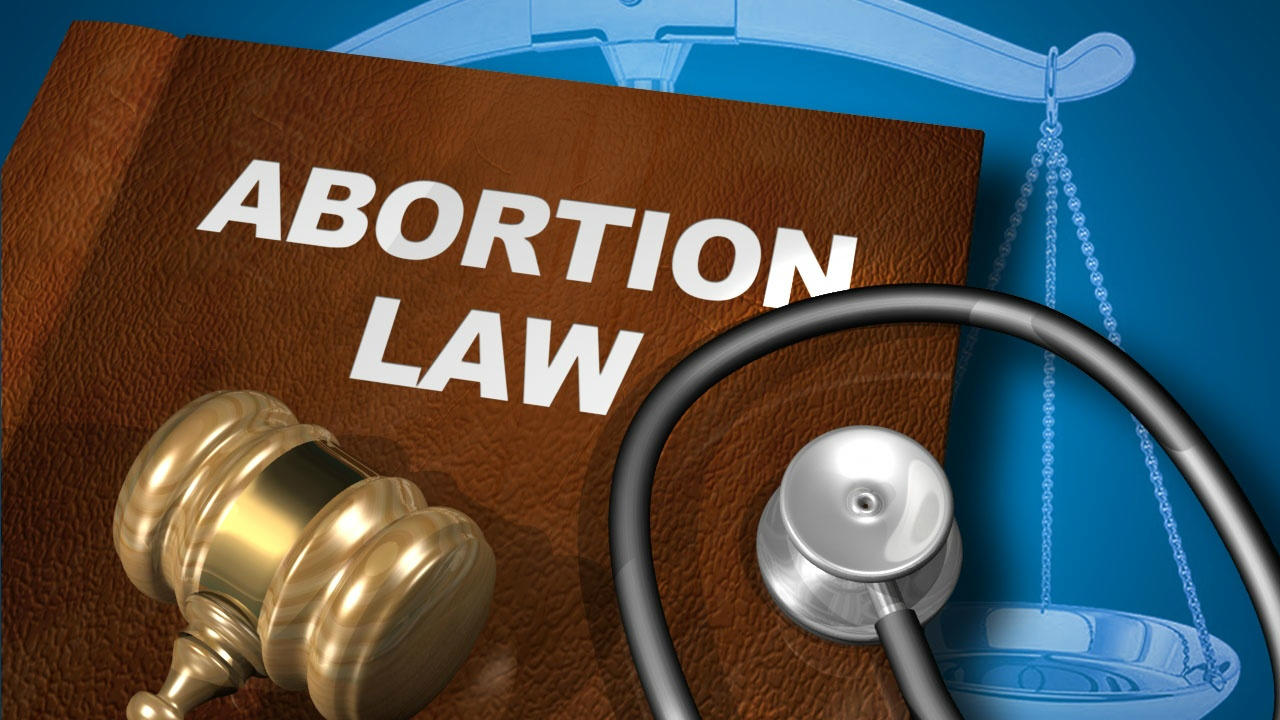Monday’s Supreme Court ruling striking down some provisions of the Texas HB2 bill seems like it’s set off a chain reaction to other states’ pro-life laws falling.
Florida
In Florida, U.S. District Judge Robert Hinkle issued an injunction just hours before a pro-life law was to take effect. The law would have prohibited funding Planned Parenthood because it performs abortions; Hinkle ruled that is unconstitutional, saying:
No court has embraced the defendants’ position. And there is no logic to it. That a woman has a constitutional right to an abortion does not mean a legislature can impose otherwise-unconstitutional conditions on public funding.
NPR also reports on the second provision that Hinkle prevented from taking effect:
The court also blocked a provision that would have required state employees in Florida to inspect the medical records of 50 percent of clinic patients. Planned Parenthood argued that the extensive inspection was a burden to clinics and a privacy violation. Hinkle agreed.
What Hinkle didn’t strike was a provision requiring doctors to have admitting privileges at hospitals, which is a law struck down in the Texas decision; however, NPR reports that Planned Parenthood had not challenged that part of the law in this suit, so it did not affect it.
Indiana
Meanwhile, hundreds of miles to the north, a law in Indiana was also stayed at the last minute. Judge Tanya Walton Pratt, from the Federal District Court for Southern Indiana, granted an injunction against a law that would have banned abortions on babies shown to have fetal disabilities or genetic anomalies (such as Down syndrome). It also would have banned sex-selection abortions or abortions based on race. Pratt ruled:
“It is a constitutional liberty of the woman to have some freedom to terminate her pregnancy.” Planned Parenthood v. Casey, 505 U.S. 833, 846 (1992) . This right is grounded in the right to privacy rooted in “the Fourteenth Amendment’s concept of personal liberty.” Roe, 410 U.S. at 153; see Casey , 505 U.S. at 846 (“[c]onstitutional protection of the woman’s decision to terminate her pregnancy derives from the Due Process Clause of the Fourteenth Amendment.”). (Page 8-9)
[T]he very notion that, pre-viability, a State can examine the basis for a woman’s choice to make this private, personal and difficult decision, if she at some point earlier decided she wants a child as a general matter, is inconsistent with the notion of a right rooted in privacy concerns and a liberty right to make independent decisions. (Page 14).








